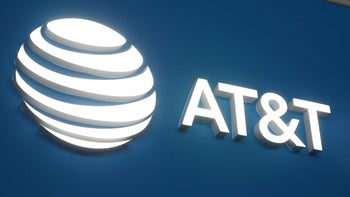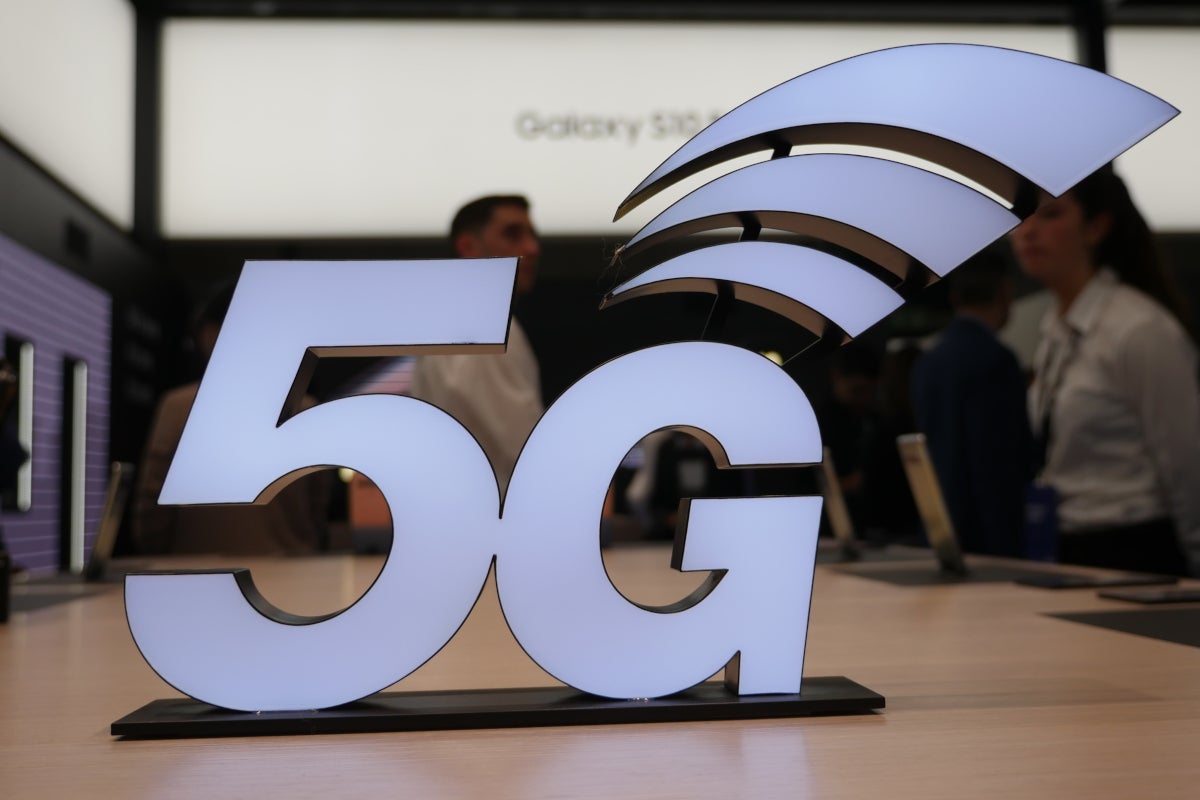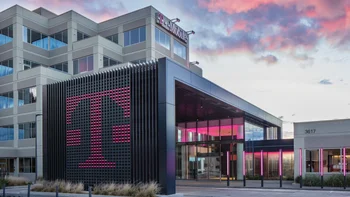AT&T launches 5G in 28 more markets

AT&T's Dynamic Spectrum Sharing (DSS) Technology allows carriers to use the same channel for both 4G LTE and 5G users. AT&T Labs came up with and developed the concept which is now part of 5G standards. As AT&T says, "it turns up 5G without turning off 4G LTE." Resources are allotted to each technology based on demand. Today, AT&T announced that it has turned on 5G in 28 more markets coast to coast covering 179 million people. Overall, AT&T is offering 5G to consumers in a total of 355 markets in the states.
AT&T should be an aggressive player in the C-band auction to be held later this year"
In some of the new markets, AT&T is deploying its DSS technology. The nation's second-largest carrier says, "Through DSS, AT&T can deploy 5G faster and more efficiently to help more customers take advantage of 5G technology, sooner. This technology helps create an intelligent and robust network for customers." Igal Elbaz, SVP of wireless and access technology at AT&T, said in a statement that "DSS is an important stepping stone on our path to nationwide 5G. We were the first U.S. carrier to deploy this technology in our network, and it’s now playing an important role as we work toward a nationwide 5G footprint this summer." The executive said earlier this month, "The performance of DSS will depend in large part on how frequently traffic demand changes and the granularity of the resource allocations."

AT&T launches 5G in 28 new markets
AT&T's 5G network uses the wireless provider's low-band 850MHz spectrum. Like the low-band 600MHz spectrum used by T-Mobile for its 5G nationwide network, these signals can travel far distances and penetrate structures, but they do not deliver the zippy fast download data speed you'd expect from 5G. However, AT&T also has its faster 5G+ network which uses high-band mmWave spectrum to give consumers extremely fast 5G download data speeds. The problem with mmWave signals is that they don't cover much ground and they are easily blocked by structures.
Although DSS allows carriers to offer 5G without removing 4G capacity, the technology does not actually add extra capacity. Analysts believe that this will force both wireless providers to bid high during auctions of mid-band spectrum later this year. Both AT&T and Verizon are swamped by the amount of 2.5GHz mid-band spectrum that T-Mobile picked up in the merger with Sprint. According to Fierce Wireless, during an investor conference earlier this month, AT&T Communications CEO Jeff McElfresh admitted that the carrier was interested in C-band spectrum "because there’s no other spectrum that’s available with that kind of bandwidth." The auction will include 3.7GHz to 3.98 GHz frequencies that are part of the C-band. During the conference, McElfresh said that he was pleased with the makeup of AT&T's spectrum. He said, "Our low band and mid-band spectrum position is really strong…Timing for us maybe a little bit less urgent." Despite the comment, we'd expect AT&T to play a big role in the C-band spectrum as will Verizon.
The new markets receiving AT&T 5G include Ouachita County in Arkansas; Melbourne, Miami, Orlando, West Palm Beach in Florida; Maui County in Huawei; Idaho County in Idaho; Alton-Granite City in Illinois; Jackson in Michigan; Columbia in Missouri; Chippewa County in Minnesota; Fargo-Moorhead in North Dakota/Minnesota; Eugene-Springfield in Oregon; Crawford County in Pennsylvania; Aguadilla, Aibonito Municipality, Arecibo, Mayaguez, Ponce, Rincon Municipality, San Juan in Puerto Rico; Lake County in Tennessee; Austin, Dallas, Navarro County, Victoria, Wilson County in Texas; Salt Lake City in Utah.
The faster mmWave AT&T 5G networks are available in markets like Phoenix in Arizona; Los Angeles, Menlo Park, Oakland, Redwood City, San Bruno, San Diego, San Francisco, San Jose, West Hollywood in California; Jacksonville, Miami, Miami Gardens, Orlando in Florida; Atlanta in Georgia; Indianapolis in Indiana; Louisville in Kentucky; New Orleans in Louisiana; Baltimore, Ocean City in Maryland; Detroit in Michigan; Charlotte, Raleigh in North Carolina; Las Vegas in Nevada; New York City in New York; Cleveland in Ohio; Oklahoma City in Oklahoma; King of Prussia, Philadelphia in Pennsylvania; Nashville in Tennessee; Austin, Dallas, Houston, San Antonio, Waco in Texas.













Things that are NOT allowed: